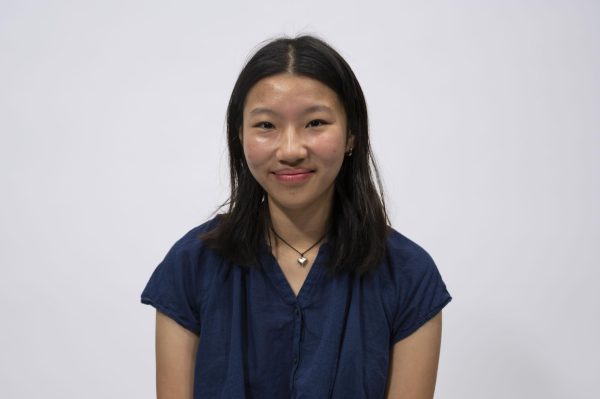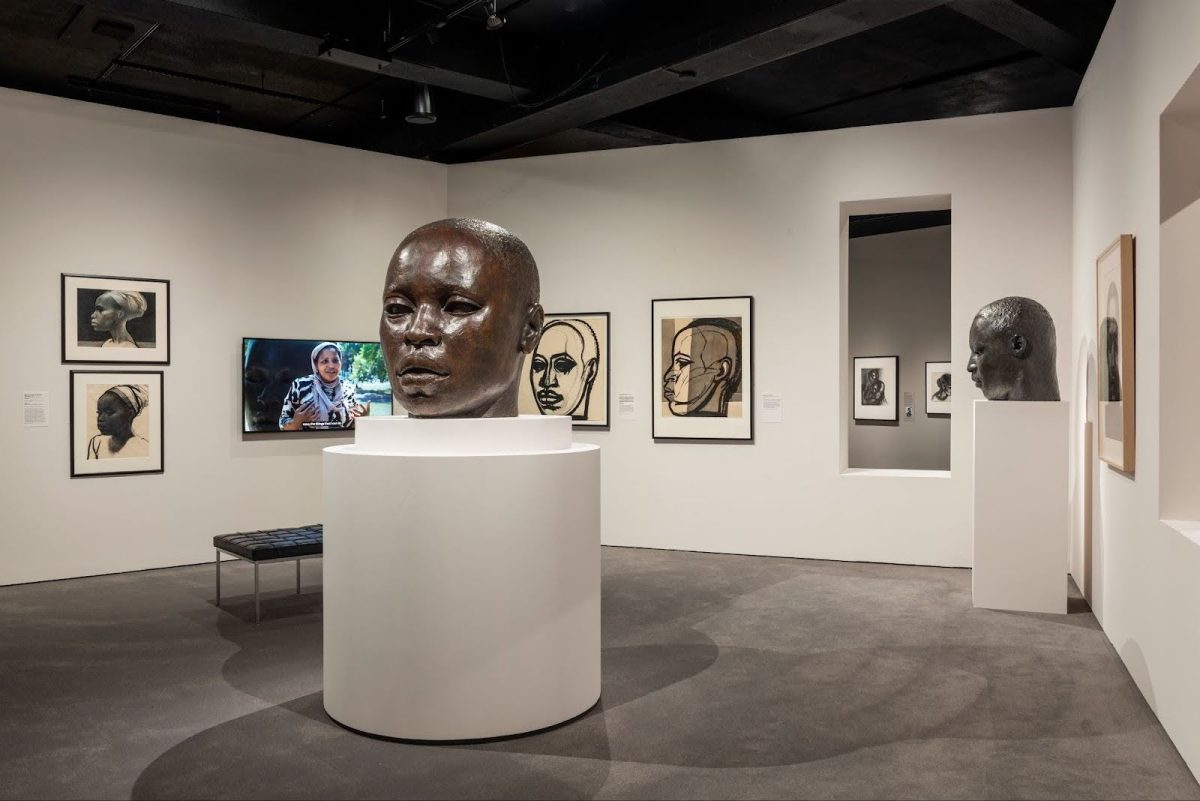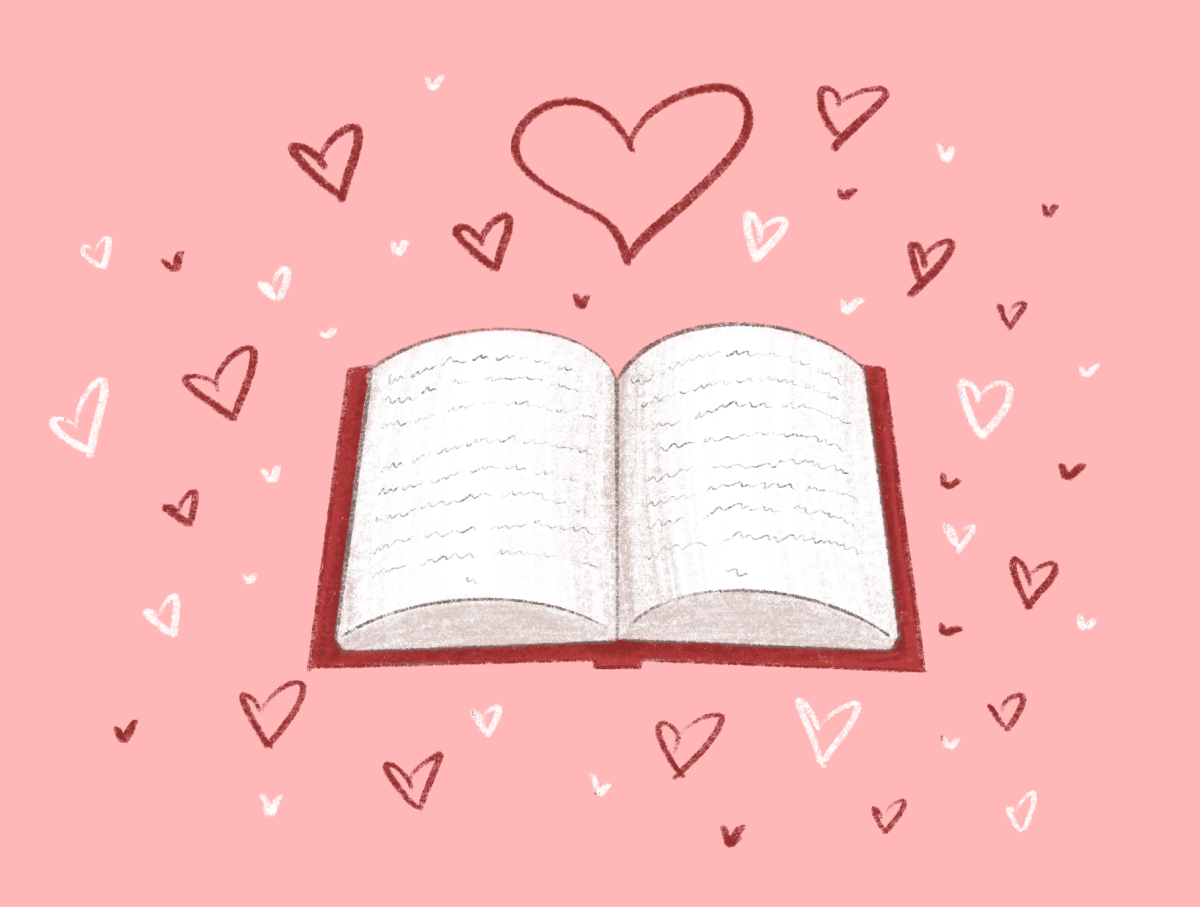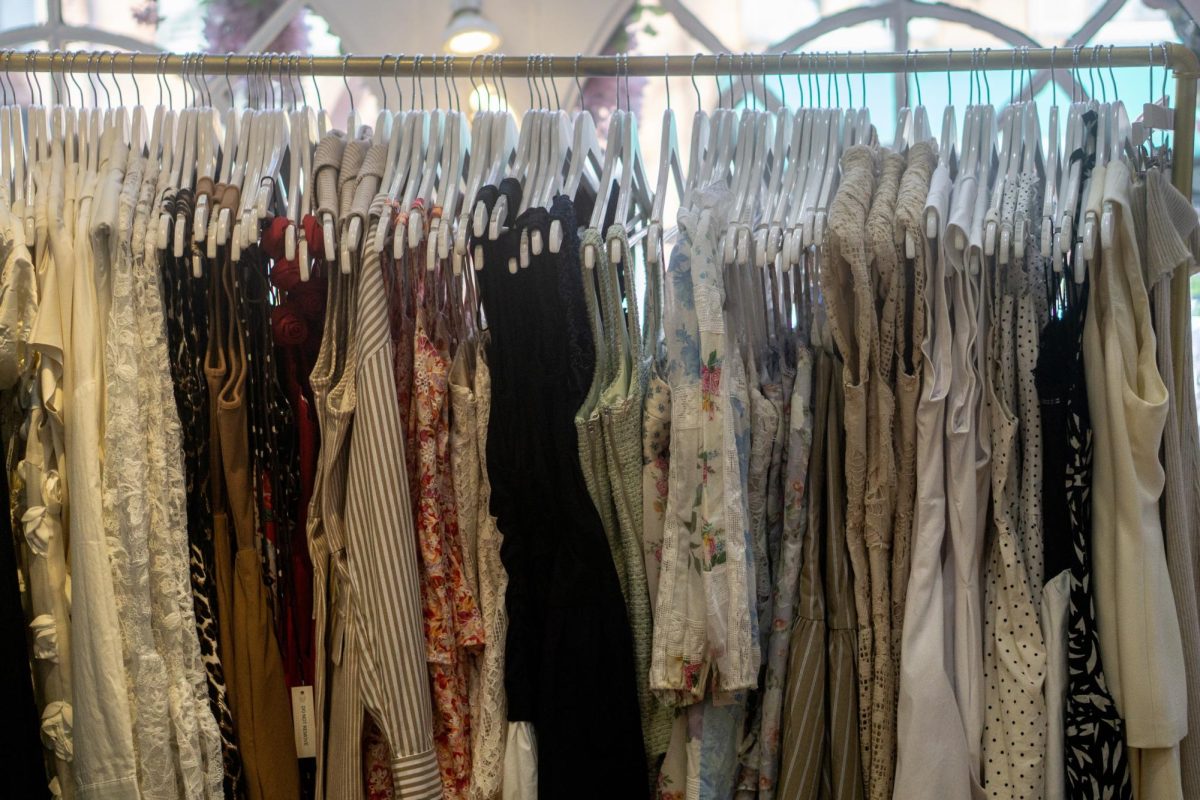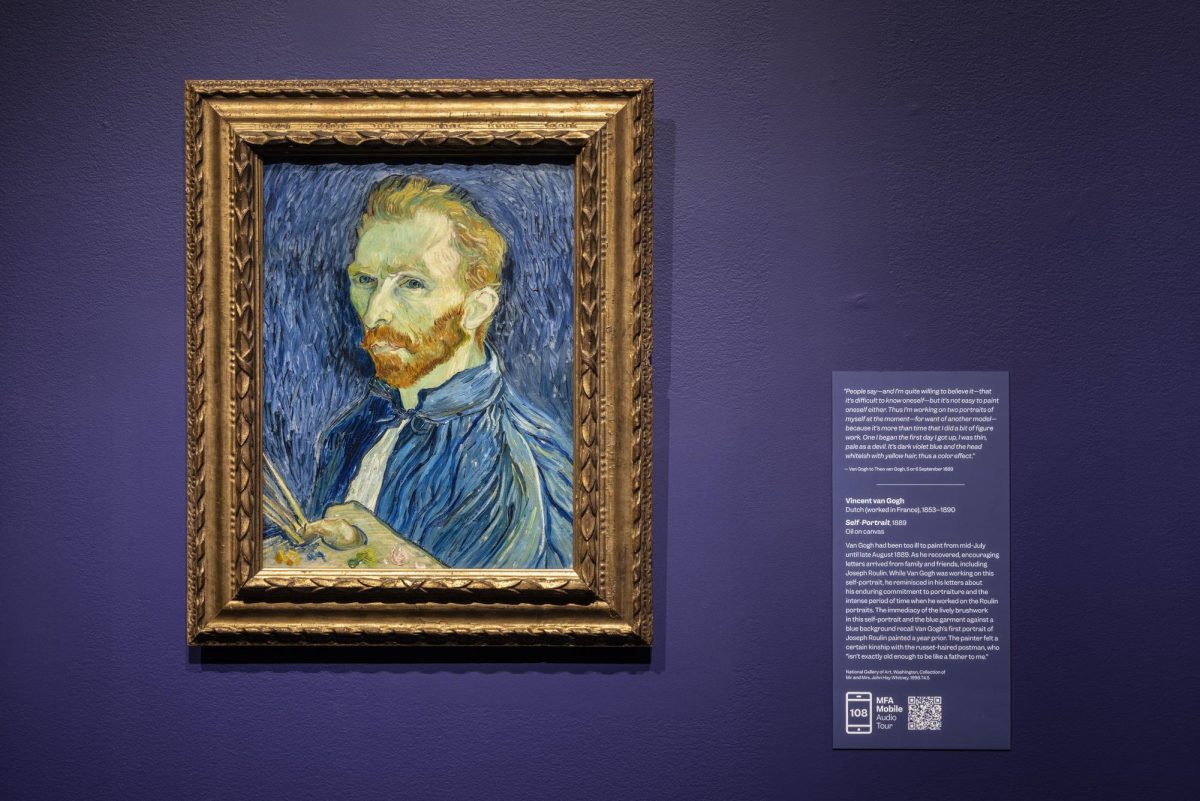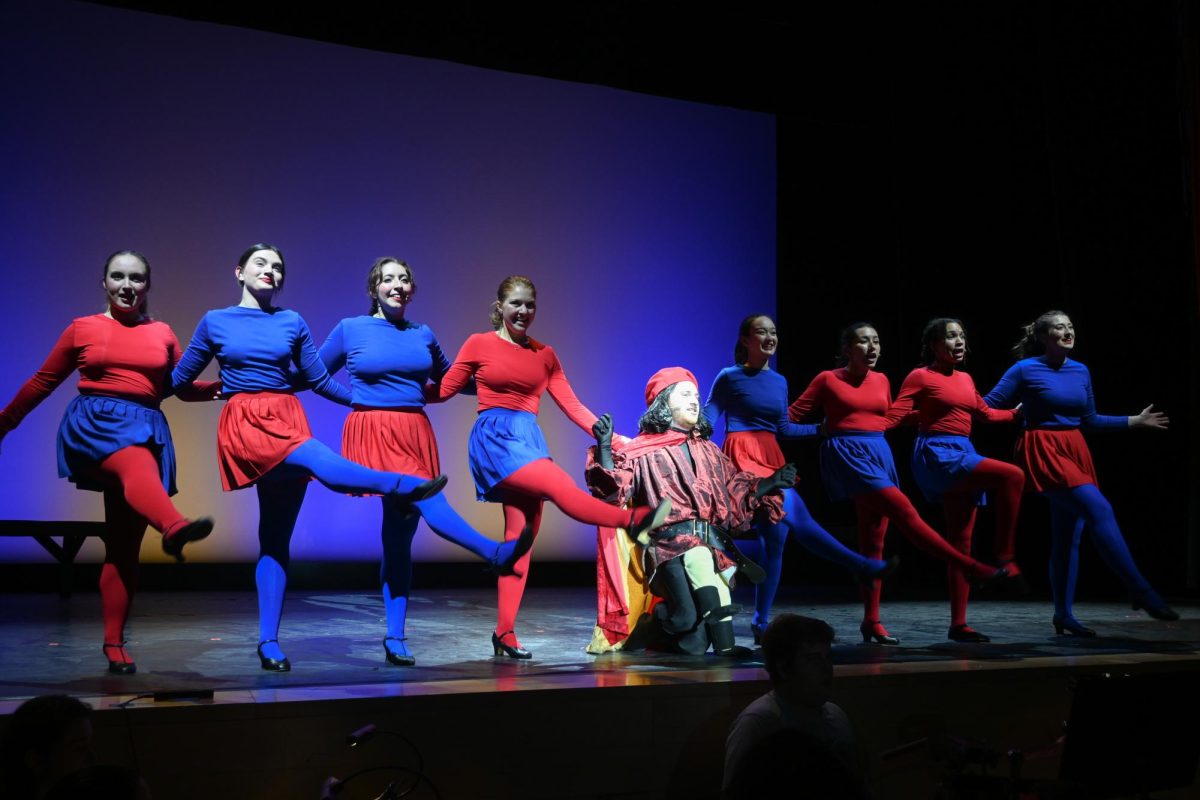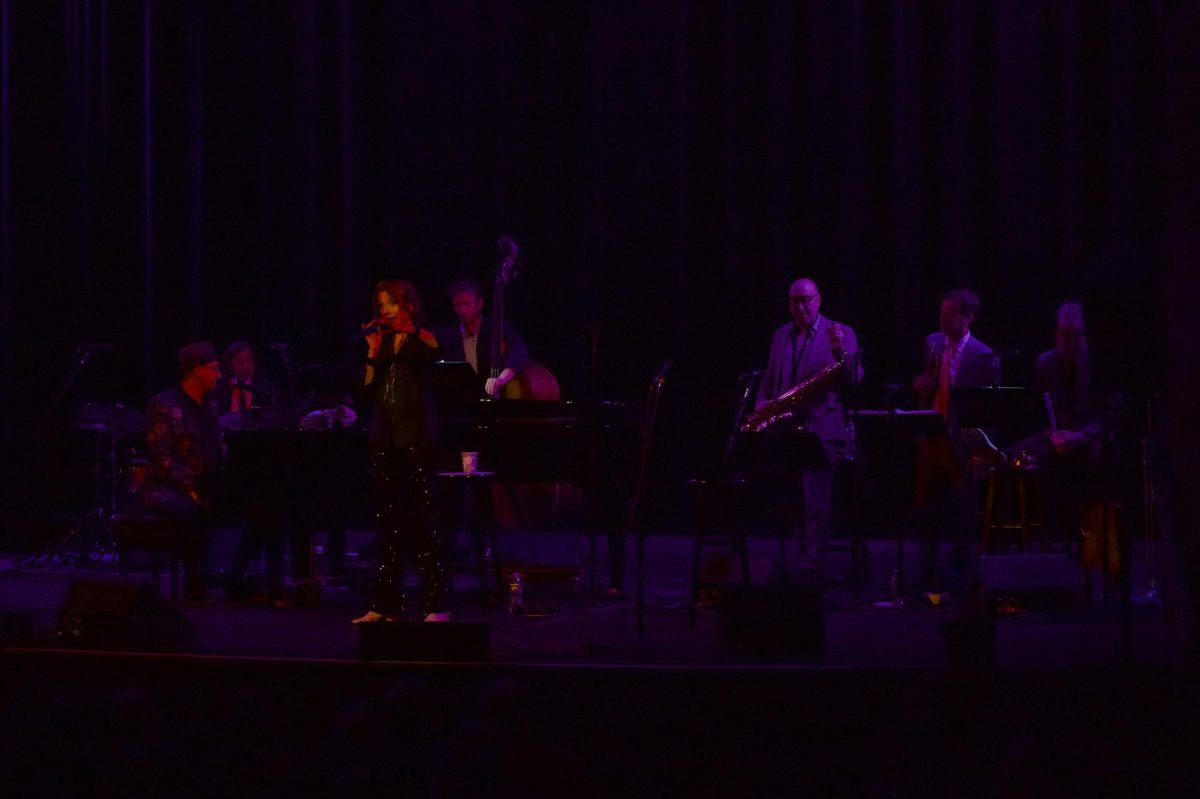Canadian writer Rayne Fisher-Quann knew what she was doing when she tweeted, “Ottessa Moshfegh [the author of “My Year of Rest of Relaxation”] is on the verge of getting woman’d I can feel it.”
Fisher-Quann went on to define this term as, “when everyone stops liking a woman at the same time.”
This spectacle can happen to any woman, but it often strikes those who start as ingénues — fresh and innovative members of the entertainment industry. A new face on one’s screen is refreshing for viewers, as uplifting an up-and-coming female celebrity creates space for silenced voices in an industry that remains stagnant.
Once said actress develops a strong social media presence, devoted fandom and unique brand catered toward their work, all eyes are on them. With that, however, individuals and media outlets alike become finicky, placing pressure on the actress to achieve and maintain perfection. In a world where cancel culture is the most prominent social crime, no celebrity — especially a female — can do right.
Being “woman’d” is not equivalent to being canceled, as the internet is not condemning bad behavior. However, it is a collective distaste and eventual dissatisfaction with their presence. For instance, people incorrectly claimed Millie Bobby Brown was homophobic after a series of inappropriate memes surfaced on X, formerly known as Twitter, causing the young actress to leave the platform.
This cultural phenomenon has become increasingly relevant, but one integral case truly emphasizes society’s upheaval toward successful women. Actress Anne Hathaway has many accolades under her belt, best known for “The Devil Wears Prada,” “The Princess Diaries” and “Les Misérables.” Despite her critical acclaim and superstar status, even Hathaway was not immune to being woman’d.
After an impressive role as Fantine in the latter, Hathaway won Best Supporting Actress at the 2013 Academy Awards. Instead of parading her success, the Hathahaters had a different way to sing her praises via Twitter. During her speech, Twitter users published 19,685 tweets per minute, the majority of which were negative.
One user wrote, “what a large beautiful mouth. I don’t like it. Look at those dark beautiful eyes. I don’t like them. Listen to her skinny beautiful words. I don’t like them. Shut up. Shut up, Anne Hathaway.” Another user said, “It’s like they took all the things that people find annoying and put them in one person.”
In a recent Vanity Fair article, Hathaway touched on this ongoing hatred: “A lot of people wouldn’t give me roles because they were so concerned about how toxic my identity had become online,” she said.
Blatant or systemic sexism may have fueled this toxicity, or a clear form of jealousy online users could not grapple with. Regardless, it does not set a positive angle for the up-and-coming female stars. Instead, it outlines the sad truth that power comes with uncontrollable consequences.
It is necessary to continue the conversation regarding being “woman’d” as the overlap between personal life and social media becomes increasingly pronounced. Using Hathaway as a key example only illustrates how individuals find gratification by picking women apart. With the continuous waves of sexism in the corporate side of the entertainment industry, the public must begin to uplift female actresses instead of tearing them apart.



